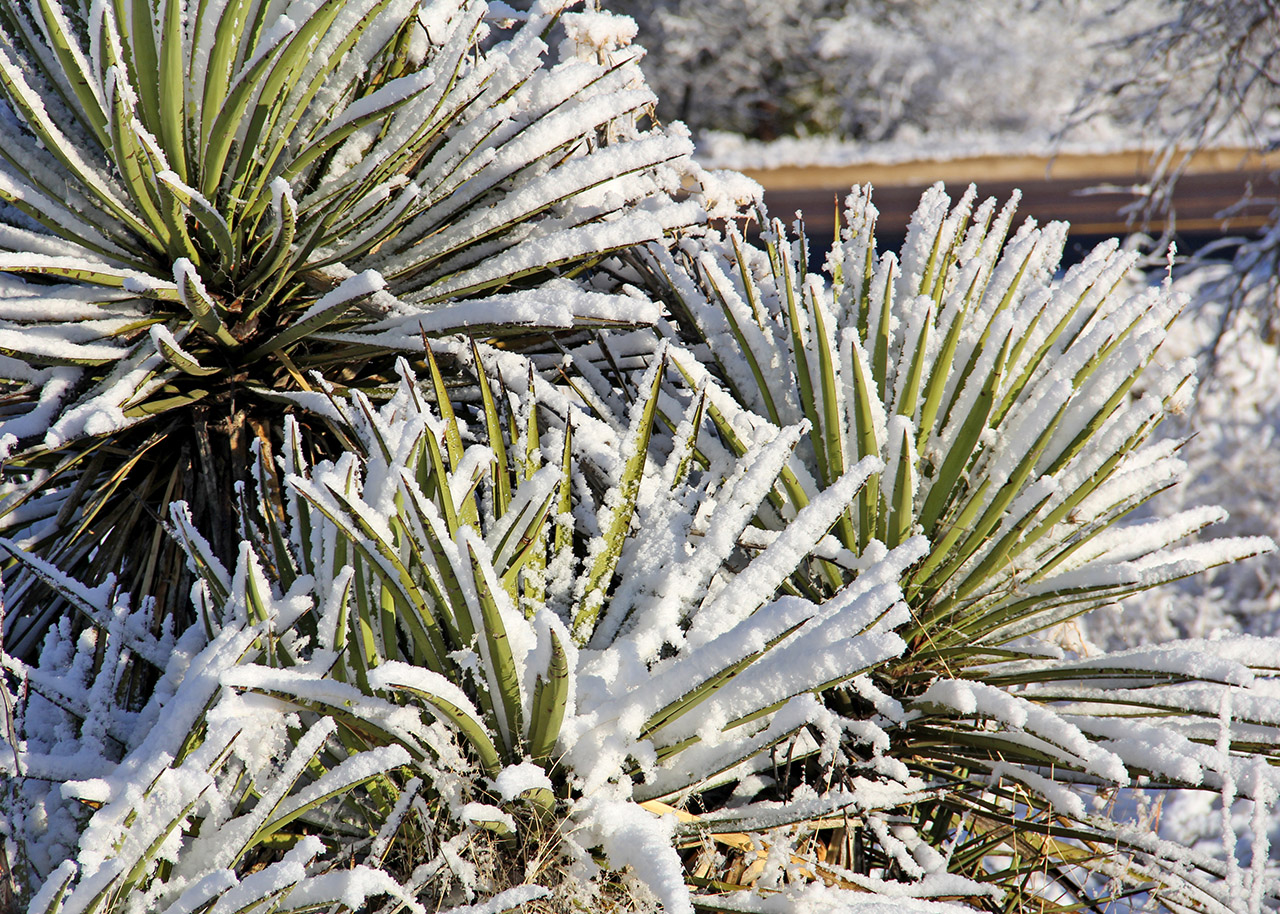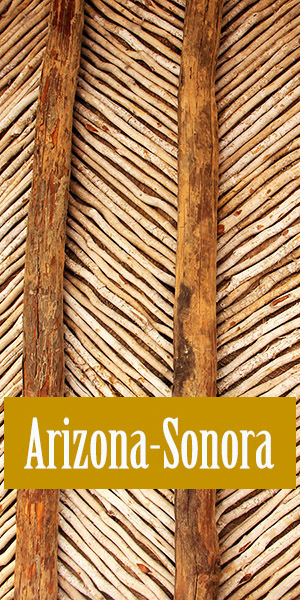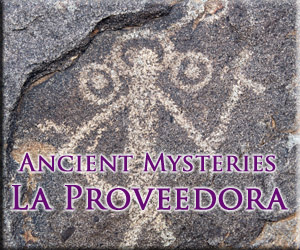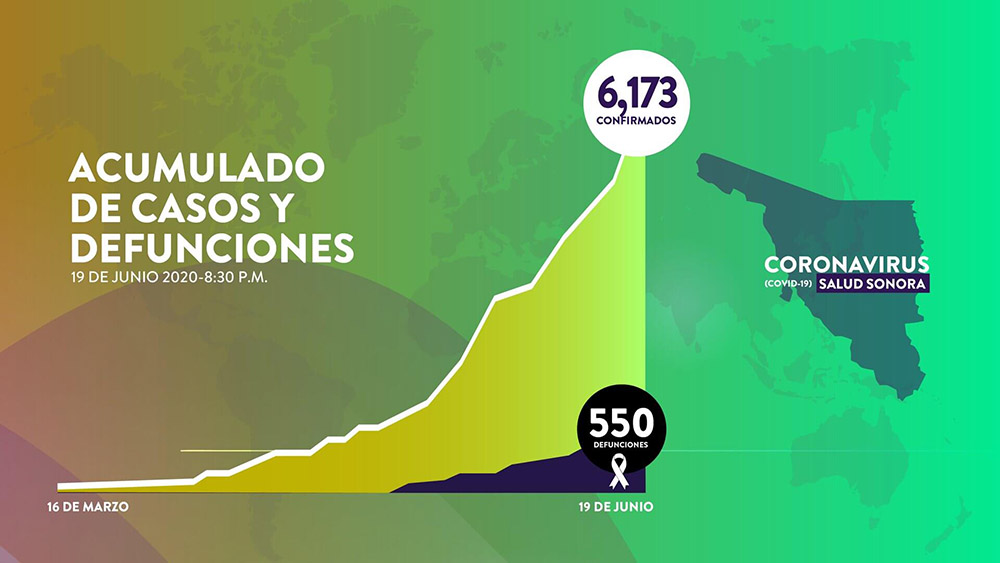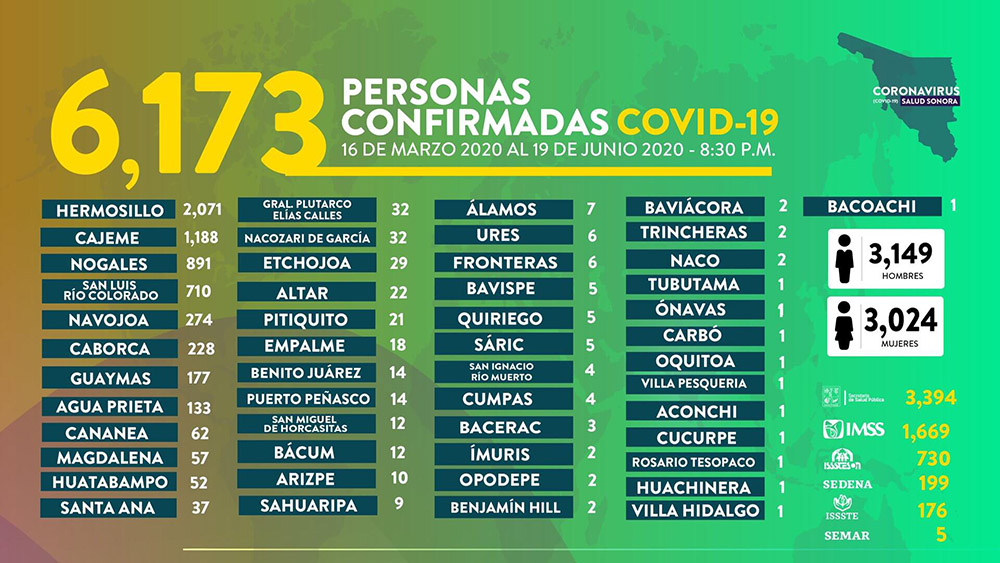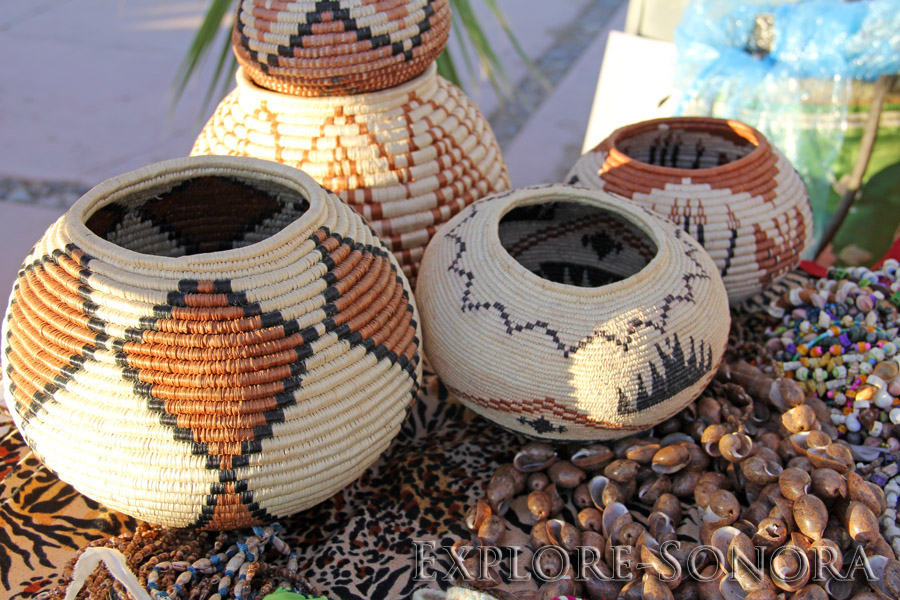Northern Sonora Hit by a Winter Storm
Winter Storm Brings Freezing Temps to Sonora
File photo: Snow on a Sonoran desert cactus. (c) B. R. Waldon
Freezing Temperatures Expected in Sonora: Northeast to Be Most Affected by a Winter Storm
Sonoran media have announced the arrival of the second winter storm in Sonora that bring chances of snow, rain, and plummeting temperatures, with lows reaching as frigid as 10.4°F (-12°C). In Hermosillo, temperatures are expected to dip to around 39.2°F (4°C).
Authorities are urging residents to take precautions as the storm progresses. Armando Castañeda Sánchez, coordinator of Civil Protection in Sonora, reported that the northeastern part of the state will be most affected, but the drop in temperatures will be felt across the entire region.
What to Expect
The most immediate impact of the winter storm, starting in the early hours of Monday, includes strong gusts of wind, particularly in the northwest of the state. As the storm continues, the northern areas face increased chances of rain and sleet.
Castañeda Sánchez outlined expected minimum temperatures for various regions of Sonora:
- Northwest: 42.8°F to 32°F (6°C to 0°C)
- North: 32°F to 17.6°F (0°C to -8°C)
- Northeast: 10.4°F to 23°F (-12°C to -5°C)
“These are very significant drops in temperatures across the state,” he emphasized.
Safety Warnings
The Civil Protection coordinator urged residents to avoid using gas heaters in enclosed spaces to prevent carbon monoxide poisoning. In case of an emergency, citizens are encouraged to call 911, as state and municipal government agencies will be actively working to protect vulnerable populations.
Forecasted Minimum Temperatures by Region
According to the State Civil Protection Unit, here are the estimated temperature ranges for the various regions of Sonora during this storm:
- Northwest: 42.8°F to 50°F (6°C to 10°C)
- North: 17.6°F to 32°F (-8°C to 0°C)
- Northeast: 10.4°F to 23°F (-12°C to -5°C)
- Center: 39.2°F to 50°F (4°C to 10°C)
- South: 41°F to 53.6°F (5°C to 12°C)
- East: 10.4°F to 23°F (-12°C to -5°C)
Stay Safe
Residents and visitors are encouraged to monitor local weather updates and take necessary precautions to stay warm and safe during this extreme weather event.
Stay Connected
Don’t miss a thing—subscribe to our newsletter for daily or weekly updates straight to your inbox.

